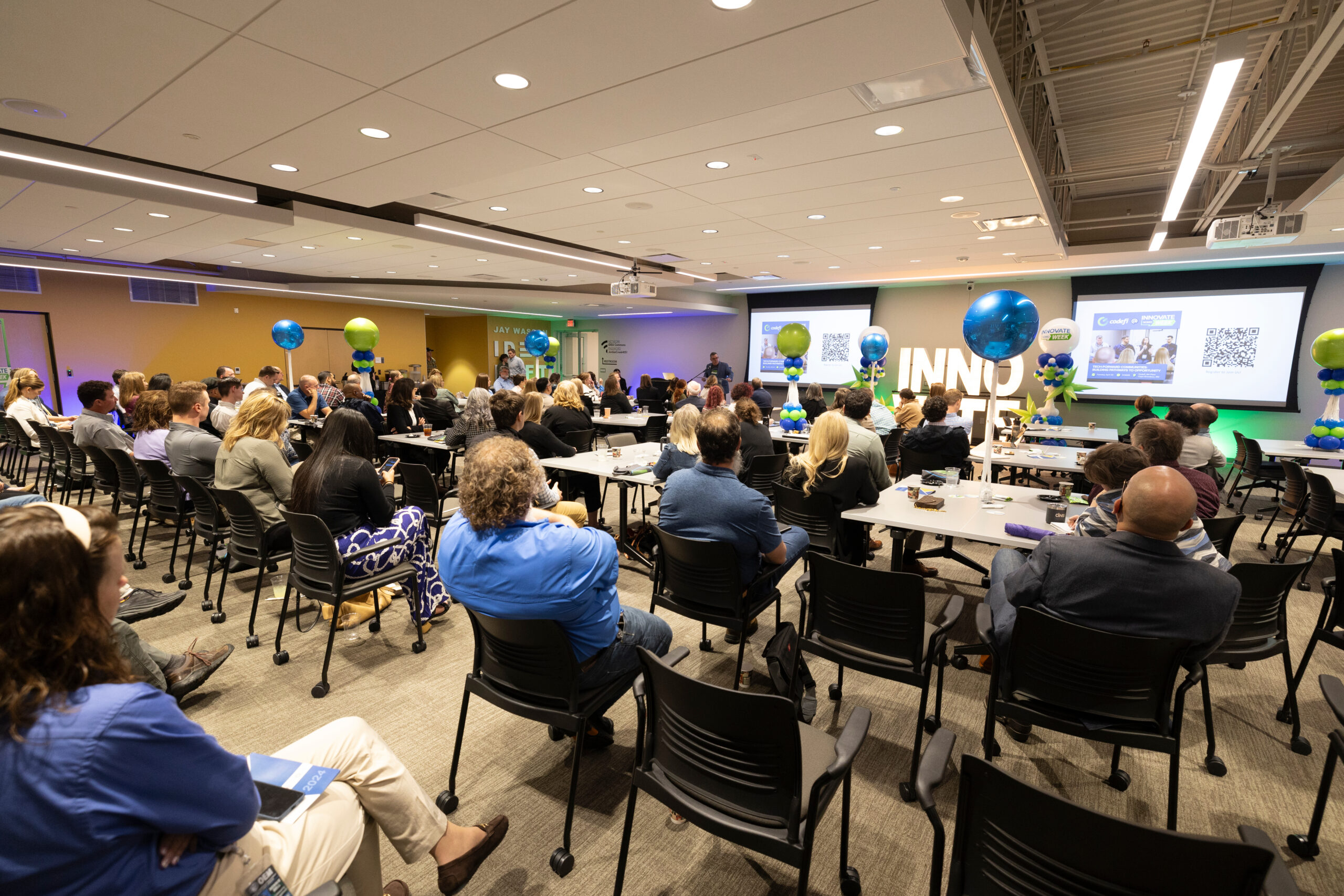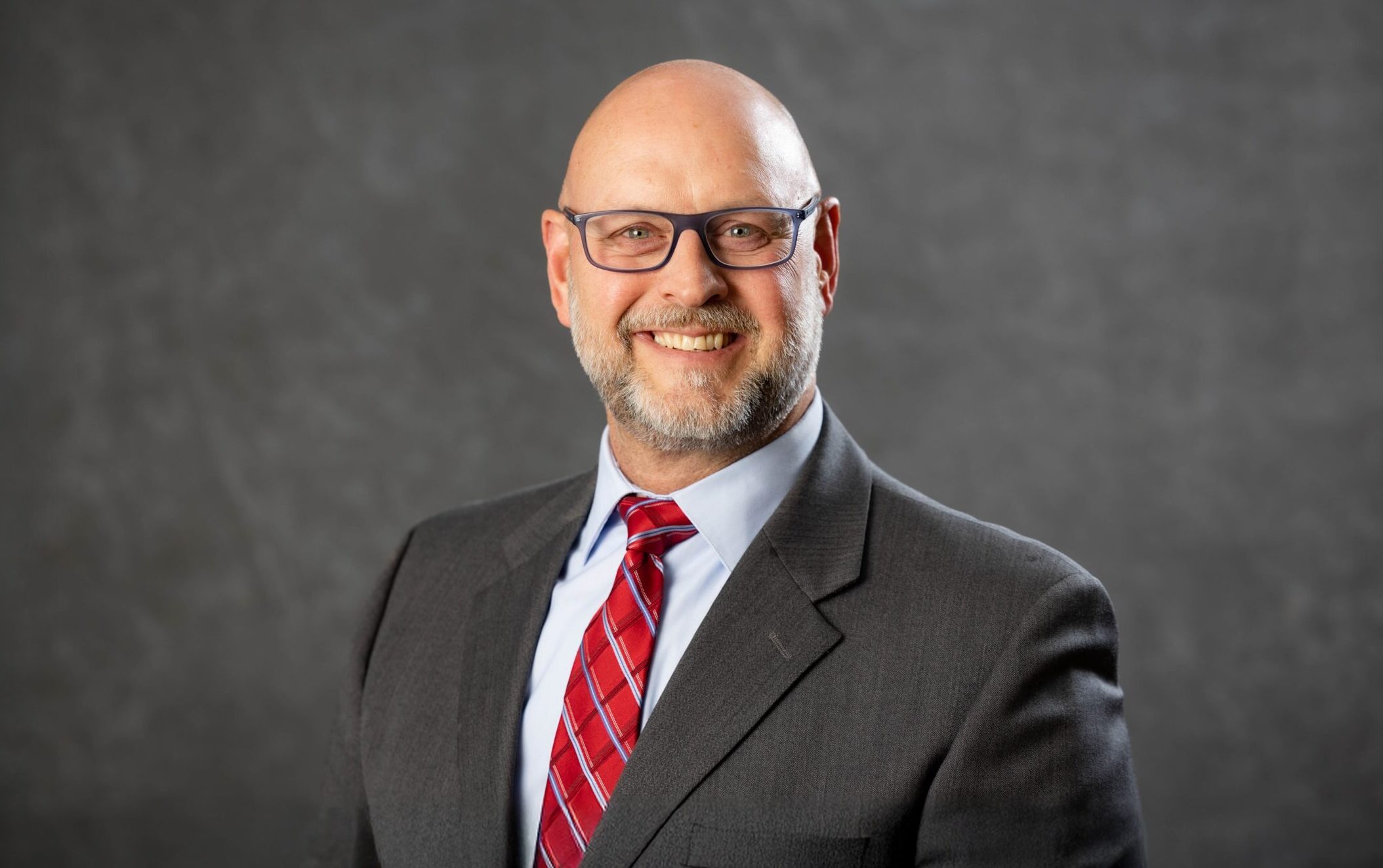By Tracy Oeser, MSPsy, UniteNews Guest Writer
In 2021, the CDC reported 48,183 suicide deaths. Provisional data for 2022 indicates 49,449 people also died by suicide. With either year, we anticipate numbers could actually be higher because some suicide deaths have historically been misclassified as overdoses, homicides, and undetermined deaths. In the wake of these intentional deaths, the family, friends, and acquaintances are left to pick up the emotional pieces and make sense of these losses. While the loss of life to suicide is staggering, the number of people left behind to grieve is distressing.
In 2019, Dr. Julie Cerel conducted research and reported an average of 135 people are exposed to one suicide death, and, of those, more than 6 people experience a major life disruption due to that loss. Therefore, for the year 2021 alone, over 289,000 of the estimated 5.69 million people exposed to suicide death are trying to find their way through the disruption that suicide brings.
History of Postvention
Grief is part of life so, why should we care? A loss due to suicide impacts family relationships, the ability to sustain a job, and can lead to further suicides when those loss survivors do not receive immediate and adequate grief support. And this dilemma has been occurring for decades. The term “postvention” was created over fifty years ago by psychologist Edwin Shneidman, Ph.D. and he defined it as the response to those grieving a suicide death where adequate support is created to promote long-term healing and eliminate further suicidal risk. Unfortunately, with much emphasis put on suicide prevention, the postvention population is not acknowledged with the same level of urgency it deserves.
Those Left Behind in Our Communities
It is important to understand what happens when someone dies by suicide. Enveloped by stigma, many of those left behind struggle to make sense of what happened. For those who were in a close or intimate relationship, there is an intense wave of self-blame and guilt. Other manifestations can include trauma-infused brain fog or hopelessness. People who witnessed the death can develop long-lasting, complex traumatic grief. Gone untreated, all these stressors can lead to an increased threat of further self-harm and loss of life.
One of our communities veiled in stigma is our Black population. To their detriment, society has predominantly chosen to support this community as they would support white people. This is not fair to their healing process. Of the more than 48,000 lives lost to suicide in 2021, over 3,800 of those deaths occurred in our Black communities with slightly more than 3,000 of those being males. Sadly, postvention efforts remain a challenge in this community.
According to Markita Madden, who wrote her story of loss for the American Foundation for Suicide Prevention, she believed she had to uphold the Black culture of being wary to express emotion, particularly anger. If expressed in the wrong setting, emotion from grief could be construed as dangerous. Therefore, emotion tends to be suppressed. While the Black culture is heavily faith-based, suicidal thoughts due to repressed grief are hidden because they can be misconstrued by their church as sinful. The perception that the Black community is synonymous with strength inhibits the emotional support a loss survivor would need.
It is imperative to acknowledge that people within the Black community face disparity and hardships all the time. We cannot ignore the systemic racism, the lack of jobs, and the floundering economy when we look at the reasons they die by suicide. But these challenges also impair the ability to find behavioral health care and support from social services when faced with trauma. We also cannot lump the entire Black community together and define them as impoverished people because that simply is not true. But, even for affluent people within Black populations, resources are mostly created for white populations. Therefore, we must do better to create resources that are culturally significant and do not implore stereotypes. For any minority population, this involves learning and understanding cultures that are different than our own and then approaching those people where they are, without preconceived ideas about how to support them.
Healing and Resources
On February 5, 2024, the American Foundation for Suicide Prevention launched the L.E.T.S. Save Lives initiative to support mental health equity for Black communities. Through listening, empathy, trust, and support, the goal is to create culturally relevant resources for Black communities that would create conversations. Created by Black people, this resource can address how this minority community functions within the scope of discrimination, segregation, their faith communities, and other challenges.
The National Suicide Hotline has been reduced to the simple phone number of 988. This resource is staffed with behavioral health support who are trained for crisis situations. Whether reached by phone or text, this number can also be utilized by a person trying to help or support someone else in crisis.
Journey Thru Grief is a platform that supports survivors of suicide loss with their approach that we cannot have a one-size-fits-all mentality when it comes to grief support. Each person grieves in their own way and may be receptive to one resource over another. There needs to be multiple options to choose from. Through their 4 Phases of Suicide Loss concept, it is understood that there are distinct phases a loss survivor experiences that identify their emotional growth from the initial devastation through the acceptance of their loss.
We have been silent about this crisis for far too long. To see a marked change in the lives of our suicide loss survivors, it will take overcoming stigma by using active and productive communication, eliminating preconceived ideas, and addressing societal and religious taboos. By coming together as one human community, we can address postvention as the unseen crisis that it is.
Tracy Oeser is the CEO of Postvention Collective, LLC in Springfield, MO. In addition to this educational platform, she also owns Journey Thru Grief, LLC which supports suicide loss survivors directly. Tracy holds both a BA and MS in Psychology and serves as a member of various mental health organizations.
How Organizations Are Working To Save More Black Lives https://wordinblack.com/2024/02/how-organizations-are-working-to-save-more-black-lives/
Unspoken Truths About Mental Health and the African American Community https://afsp.org/story/unspoken-truths-mental-health-and-the-african-american-community
2021 Suicide Data Statistics https://save.org/wp-content/uploads/2023/01/2021datapgsv1.pdf
2022 Provisional Suicide Data Statistics https://www.cdc.gov/suicide/suicide-data-statistics.html





